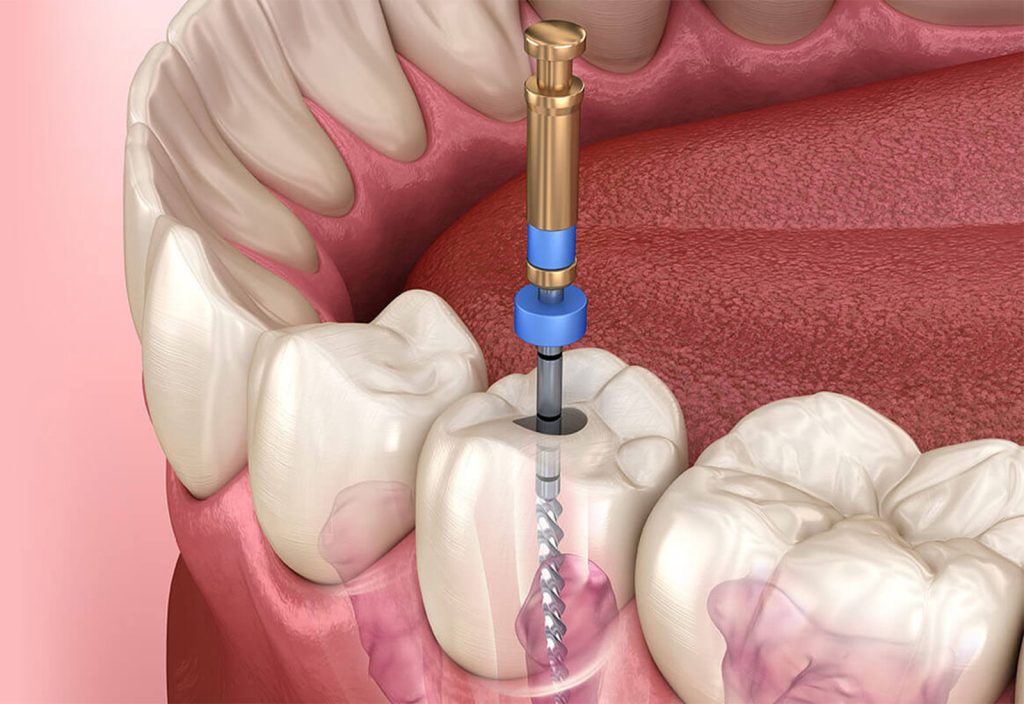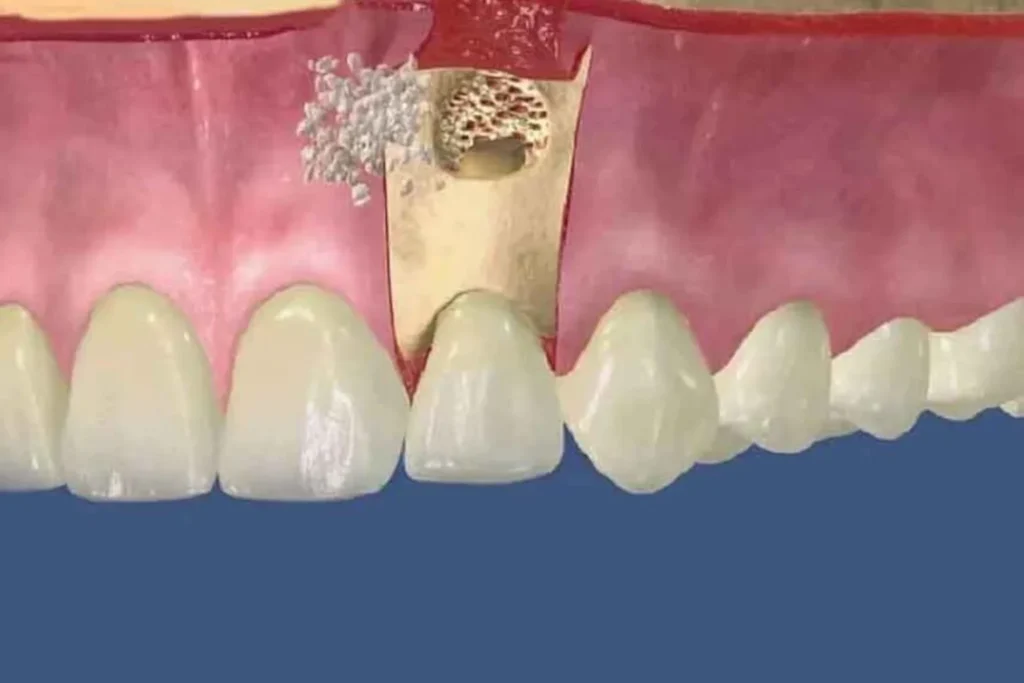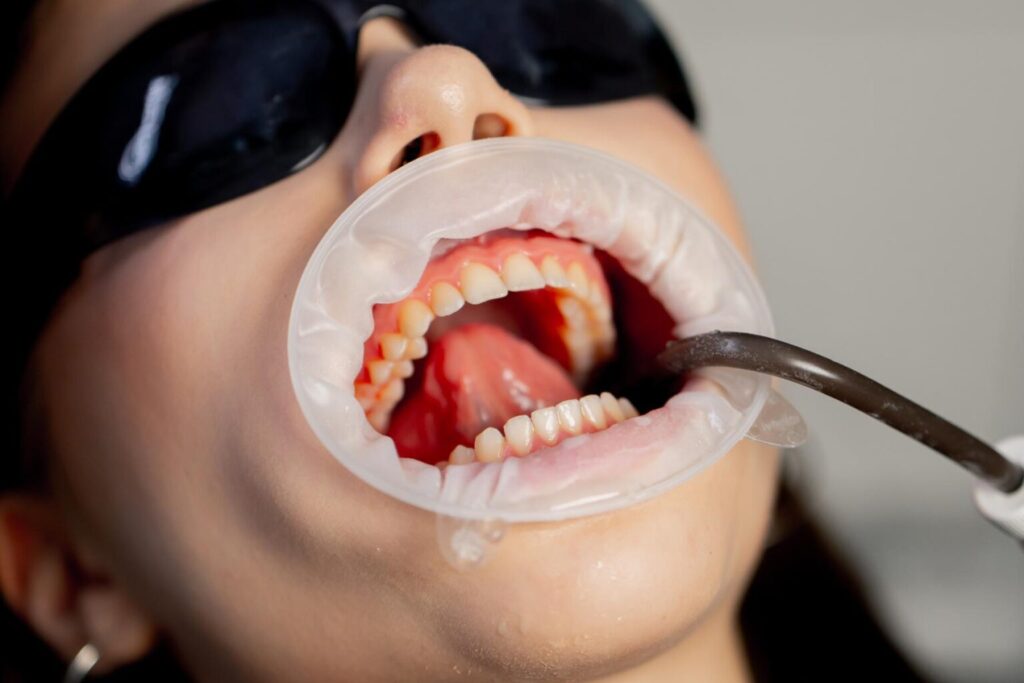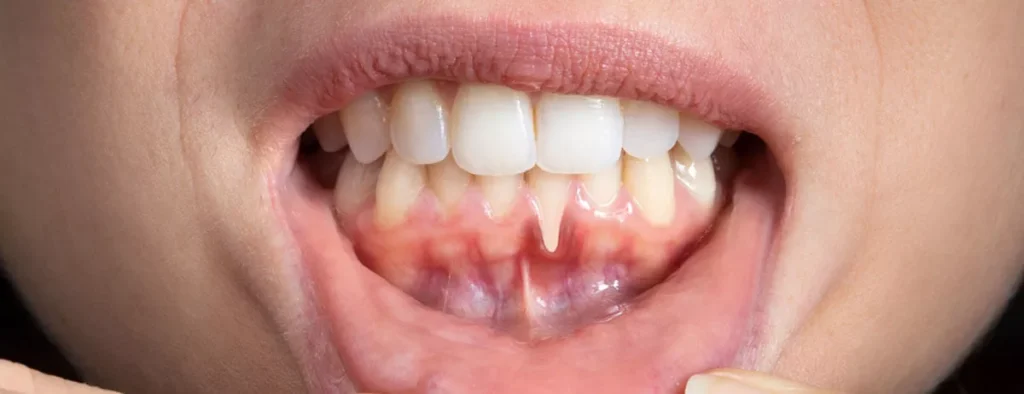Root canal treatment is a common dental procedure designed to preserve a natural tooth by removing infected or damaged tissue from within and filling the canals to prevent further infection. However, in some cases, the initial treatment may not fully resolve the issue, or new complications may arise over time. When this happens, a root canal retreatment, also known as root canal renewal, may be necessary. So, what exactly does this procedure involve, and when is it required?
What Is Root Canal Renewal?
Root canal renewal is the process of re-treating a tooth that has already undergone root canal therapy. During this procedure, the materials used in the original filling are removed, the root canals are carefully cleaned and disinfected again, and then refilled with new materials.
This treatment is typically performed when:
- The original canals were not adequately cleaned or sealed,
- The infection did not heal completely, or
- A new infection has developed due to reinfection or new decay.
Modern retreatments are often performed under a dental microscope, allowing the dentist to clearly visualize the canal system and identify any previously missed areas. In essence, root canal renewal offers a second chance to save a tooth that might otherwise need extraction.
When Is Root Canal Retreatment Needed?
Not every tooth that has undergone root canal therapy will require retreatment, but certain symptoms or findings may make it necessary:
Persistent pain or tenderness: If pain, discomfort while chewing, or sensitivity to temperature continues long after the initial treatment, retreatment may be required.
Recurrent infection: Swelling, abscess formation, or pus drainage (fistula) are signs of ongoing infection that indicate a need for retreatment.
Incomplete initial treatment: In some cases, the root canals may not have been fully cleaned or filled during the first procedure.
New decay formation: If new cavities form on a treated tooth, bacteria can penetrate the canals again, leading to reinfection.
Tooth fractures or cracks: Cracks that develop later can expose the canal system to bacteria and cause reinfection.
In these cases, the dentist will evaluate the condition of the tooth using X-rays and may recommend retreatment to eliminate infection and restore dental health.
How Is Root Canal Renewal Performed?
Root canal retreatment follows similar steps to the original procedure but requires greater precision and care.
- Removal of old materials: The previous root filling and any restoration (filling or crown) on the tooth are carefully removed.
- Accessing the canal system: Using advanced magnification tools, the dentist thoroughly examines the canals to locate hidden or previously untreated areas.
- Cleaning and disinfection: The canals are meticulously cleaned and disinfected with special instruments and solutions to eliminate bacteria and debris.
- Refilling the canals: Once clean, the canals are sealed again with high-quality, biocompatible materials.
- Final restoration: The tooth is restored with a new filling or crown to protect it and restore function.
The duration of the treatment depends on the tooth’s condition and the extent of the infection. Some cases can be completed in one appointment, while others may require multiple visits for full healing and restoration.
Conclusion
Root canal renewal is a highly effective method for saving a tooth that has not fully healed after initial root canal therapy. It is recommended in cases of persistent pain, reinfection, inadequate prior treatment, or new decay. With modern microscope-assisted techniques and careful planning, retreatment success rates are high, allowing patients to maintain their natural teeth for many years.
Disclaimer: This article is for informational purposes only and is not a substitute for professional dental advice. Each patient’s situation is unique. Always consult a qualified dentist or endodontist for a detailed examination and personalized treatment plan.











